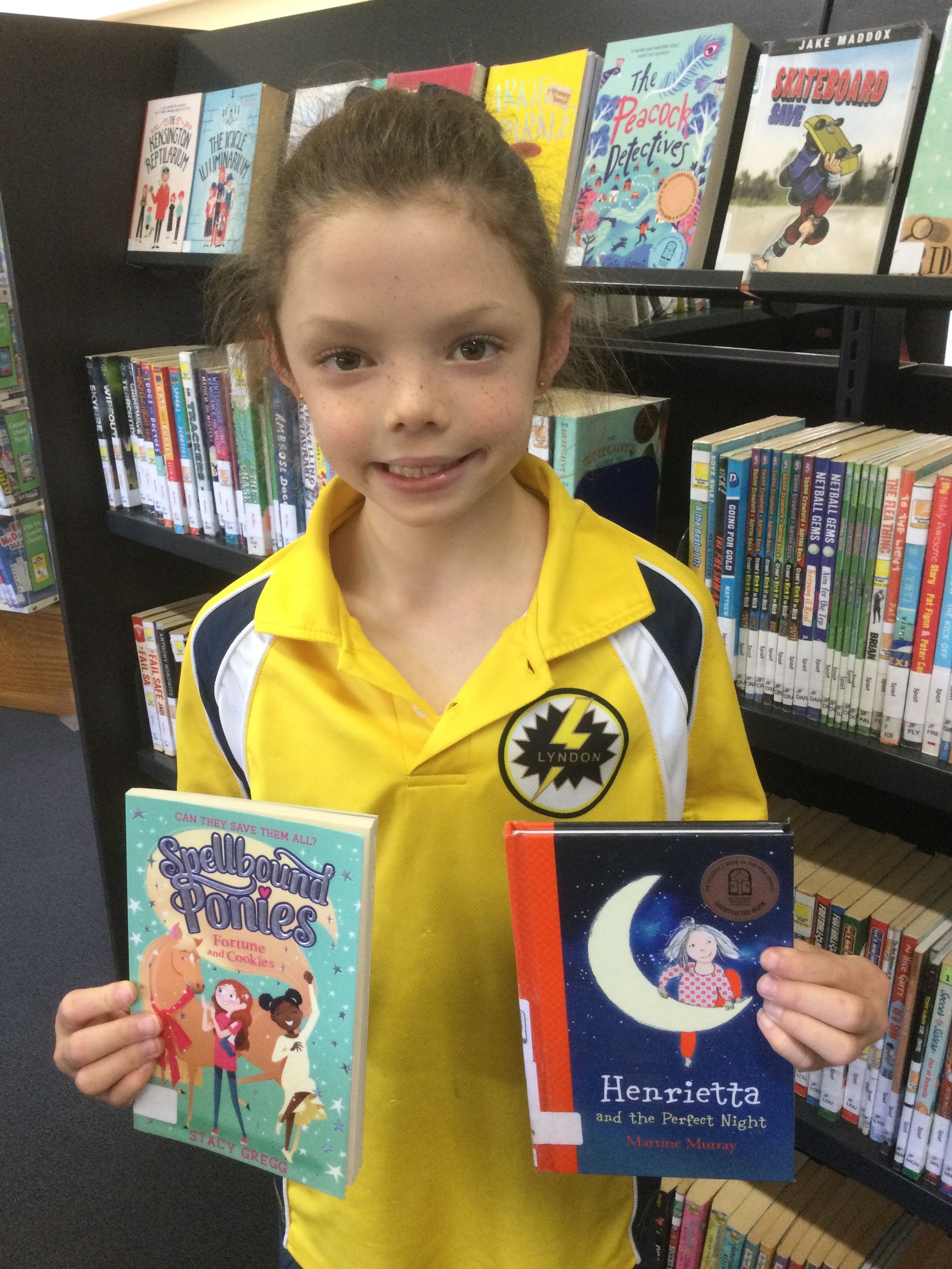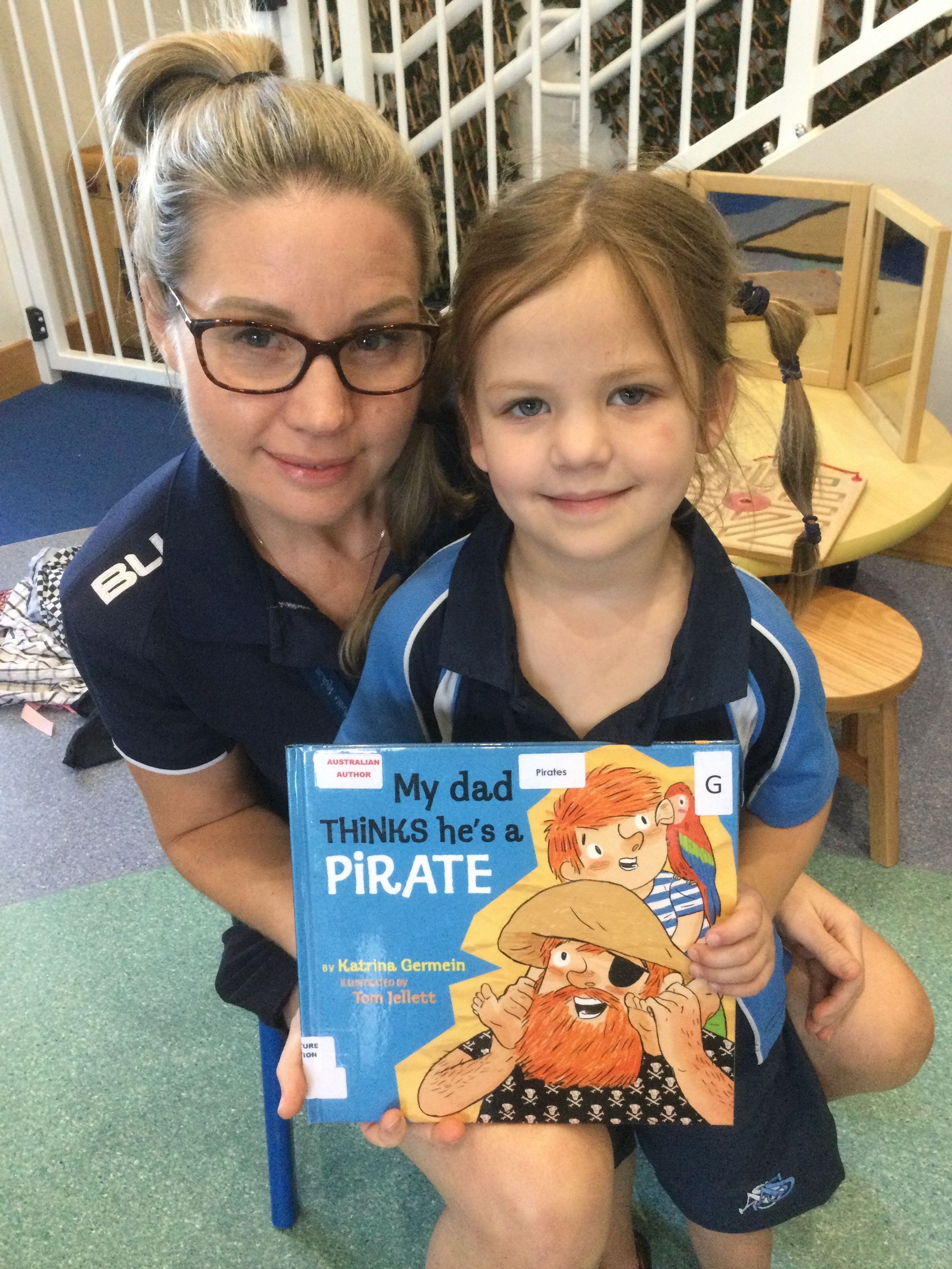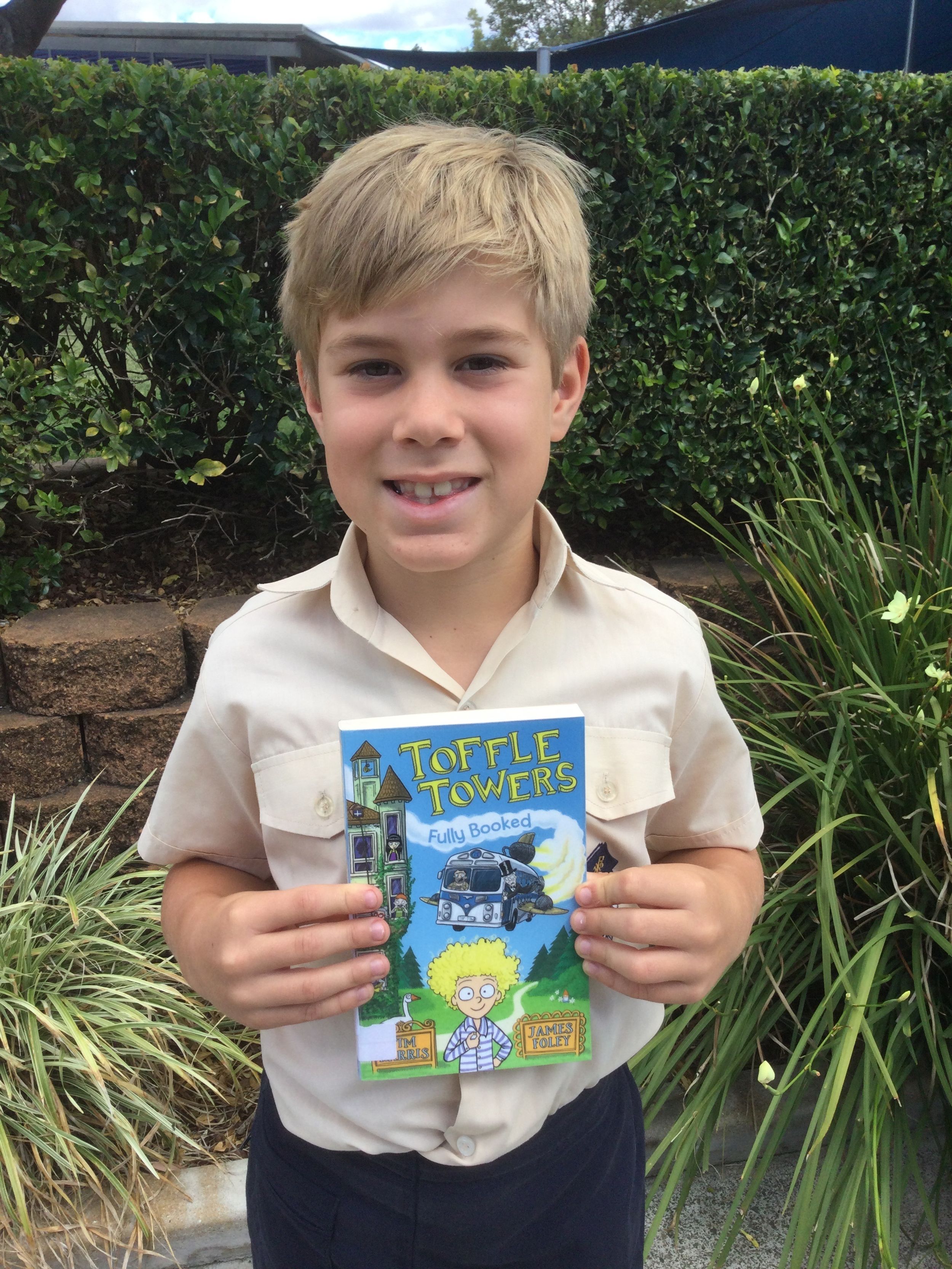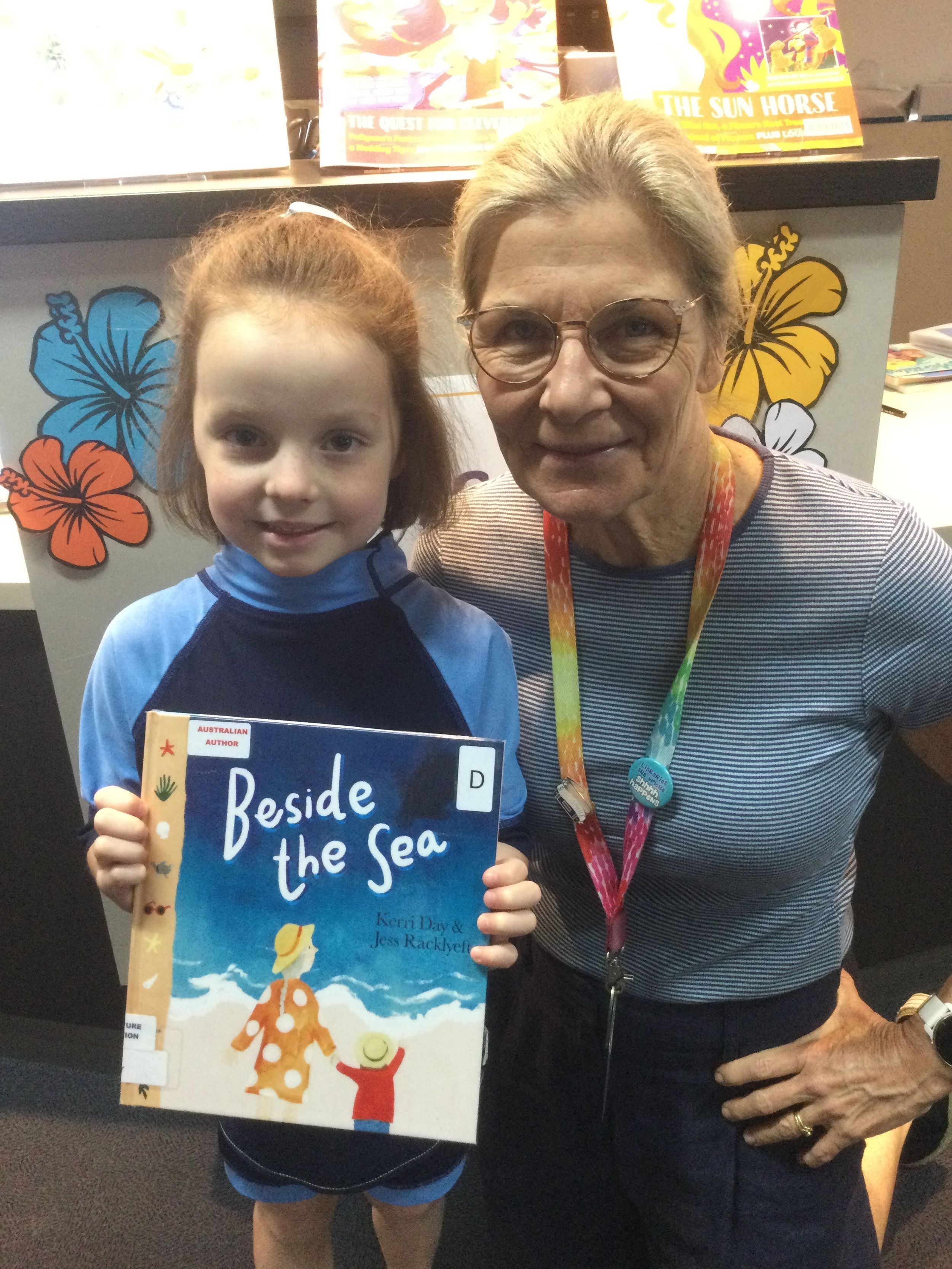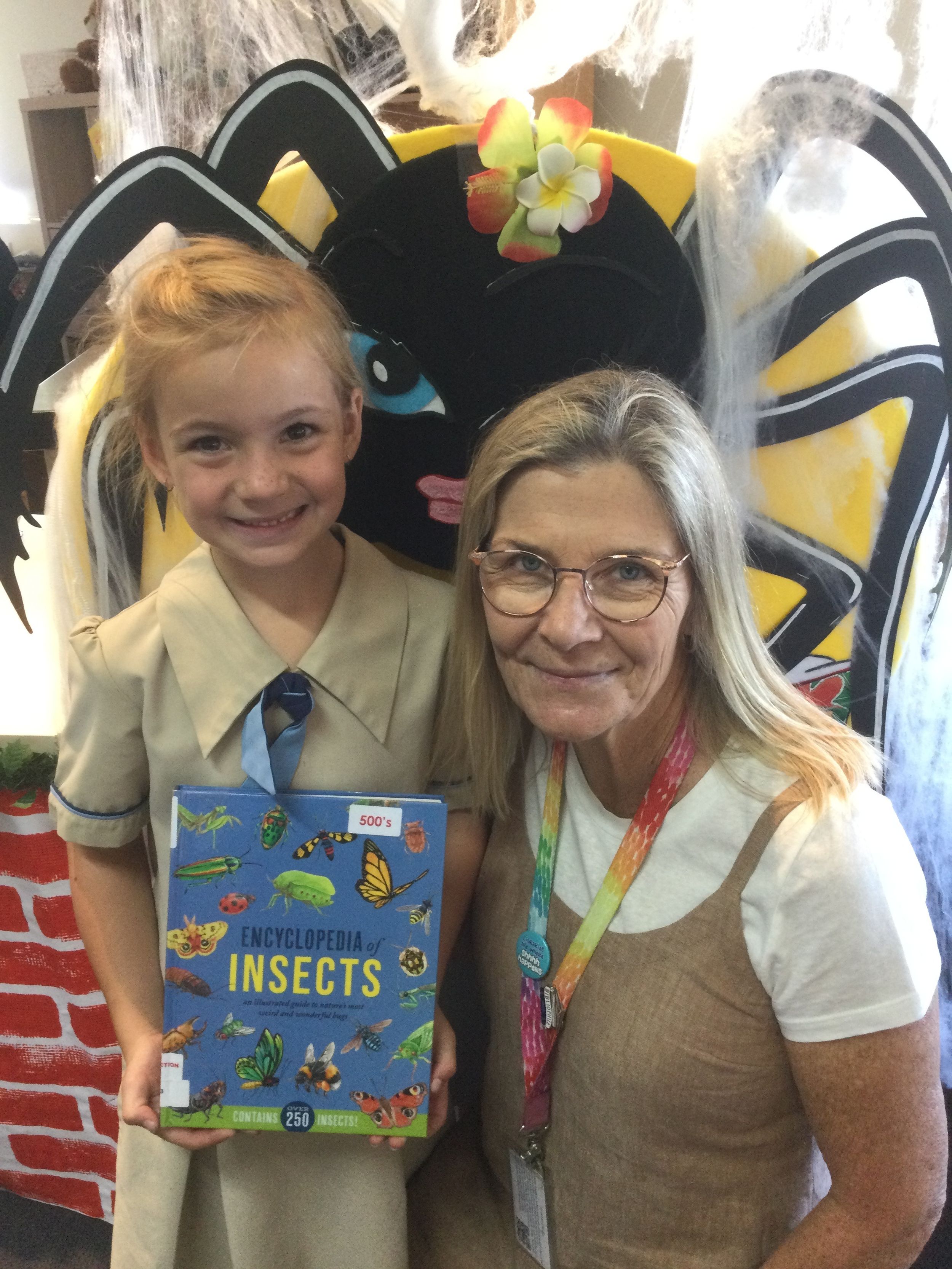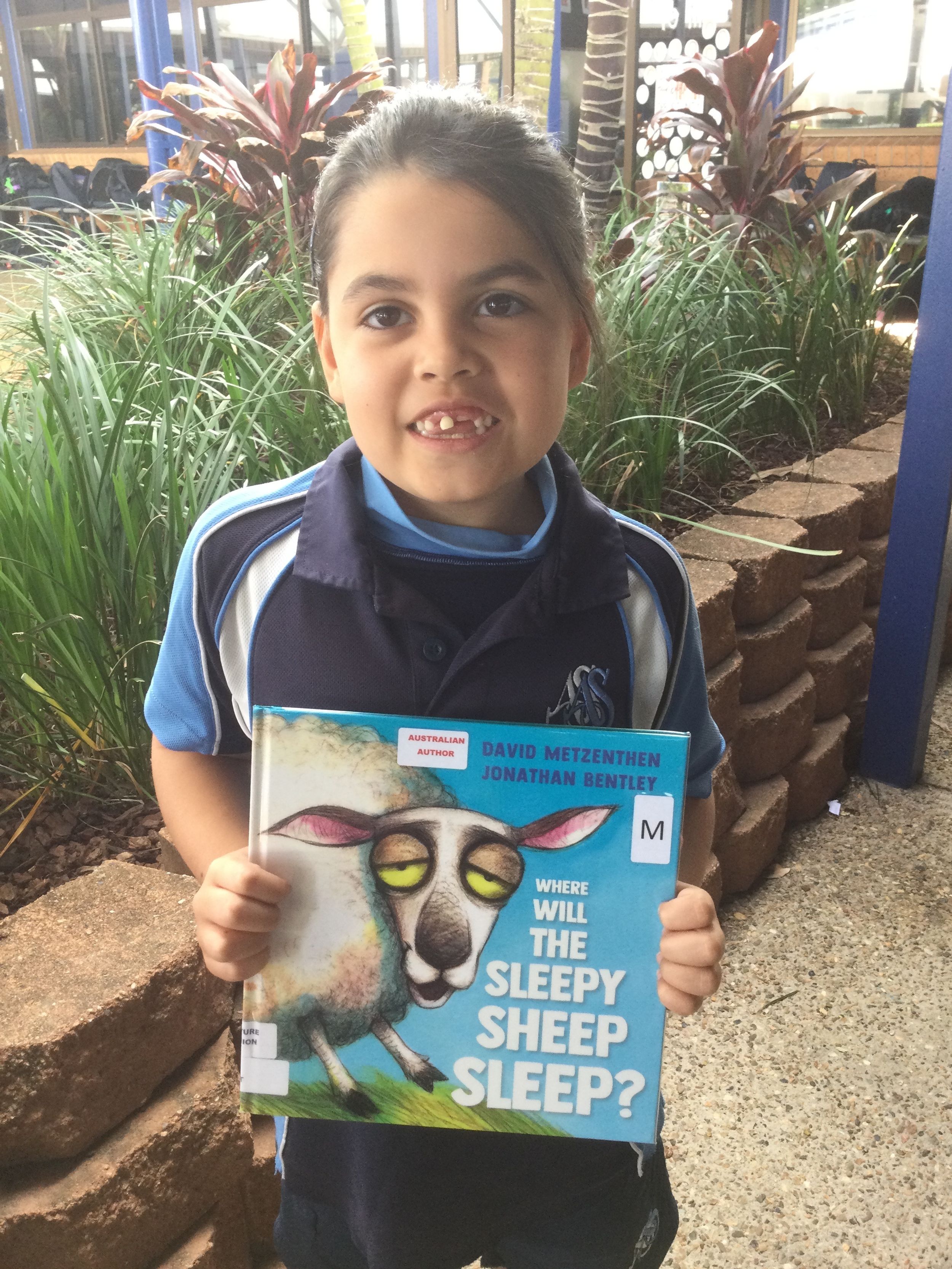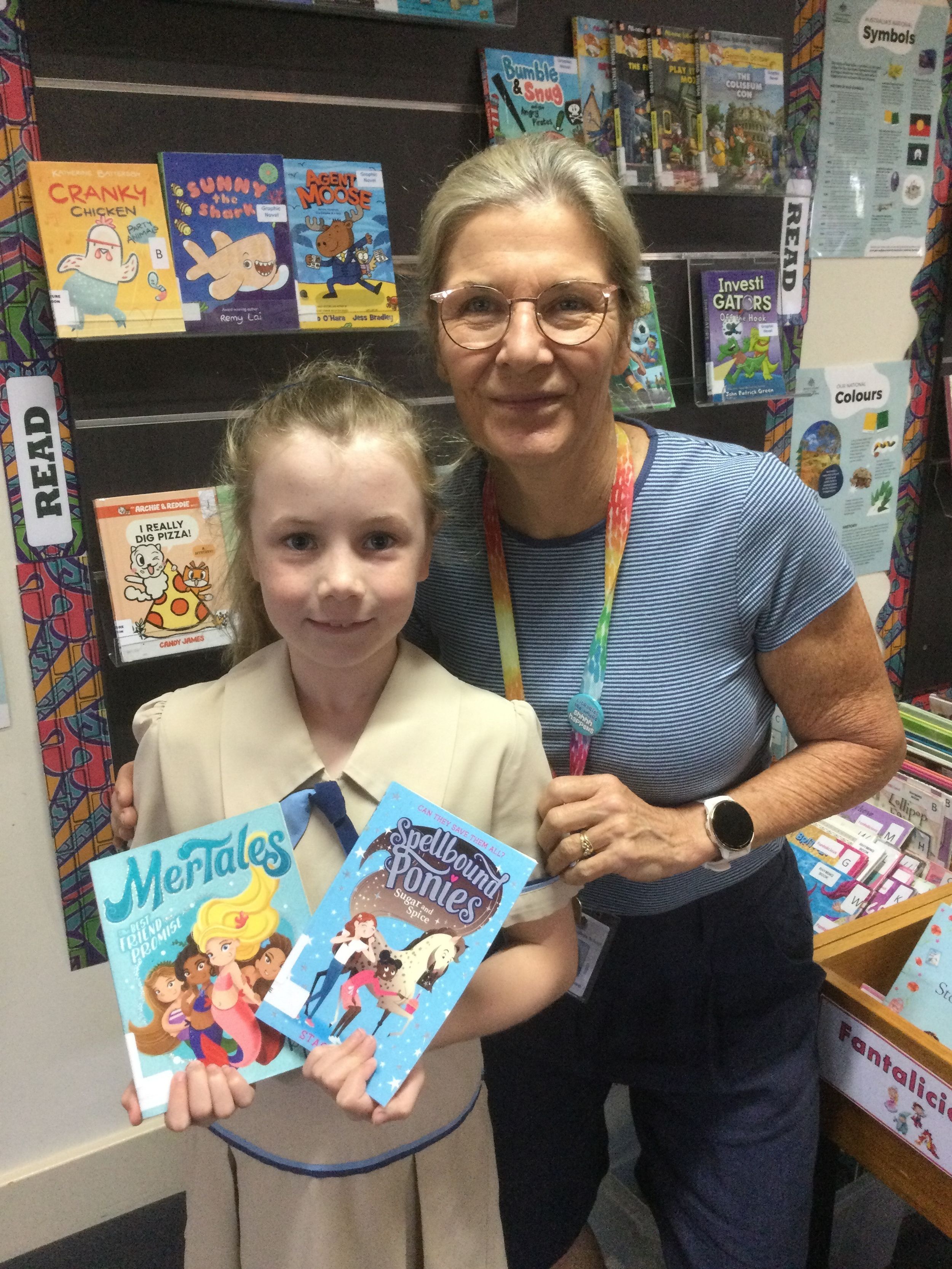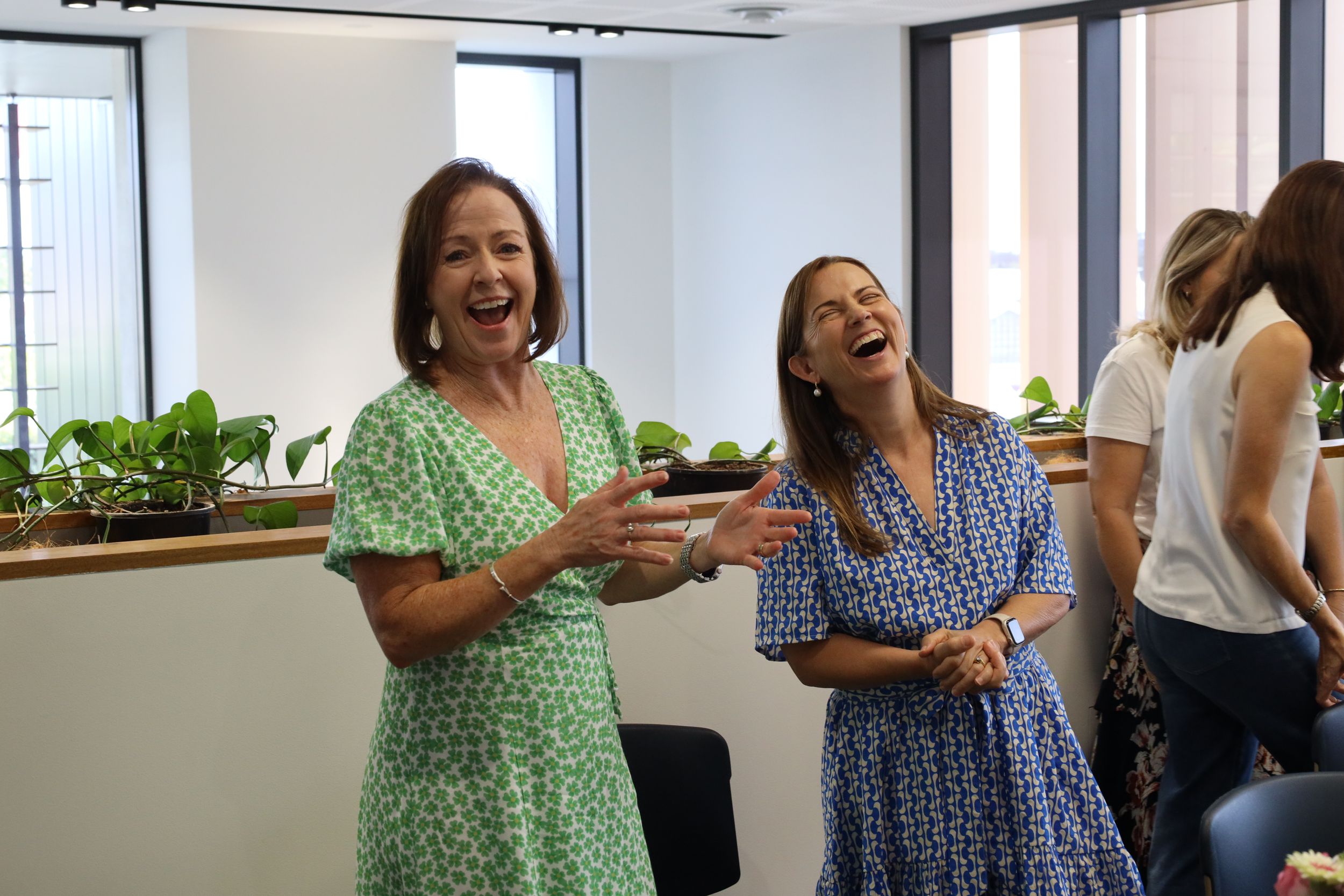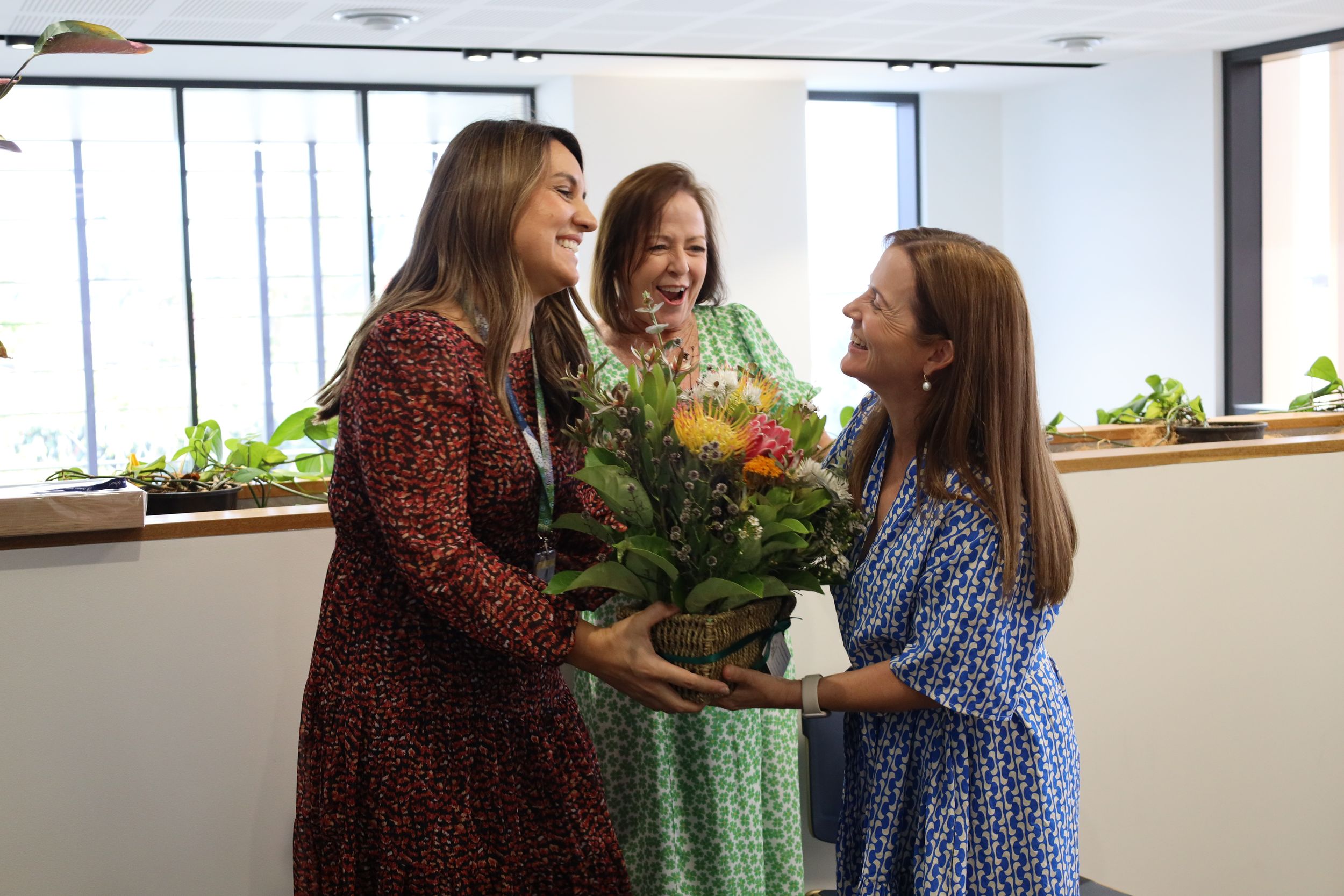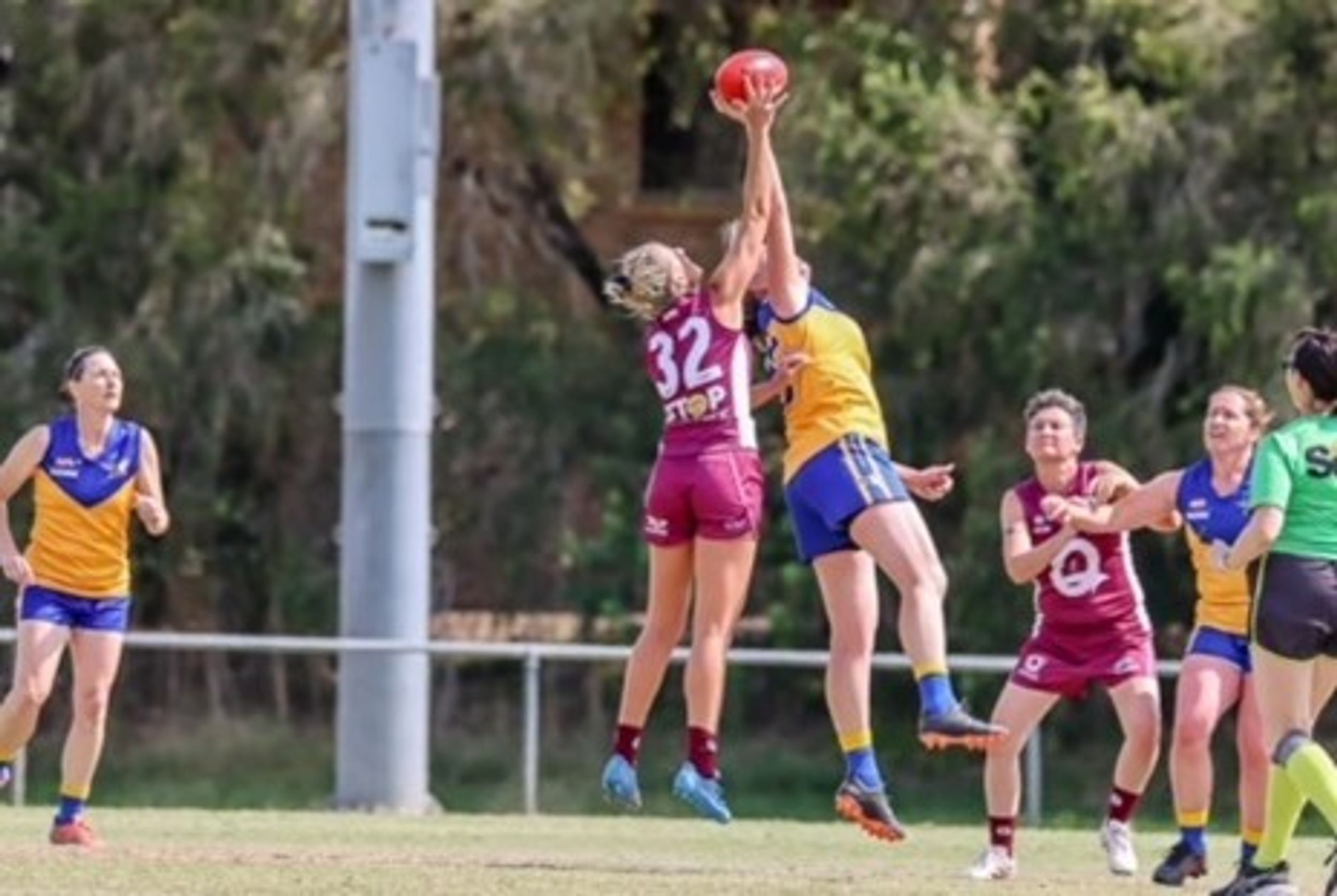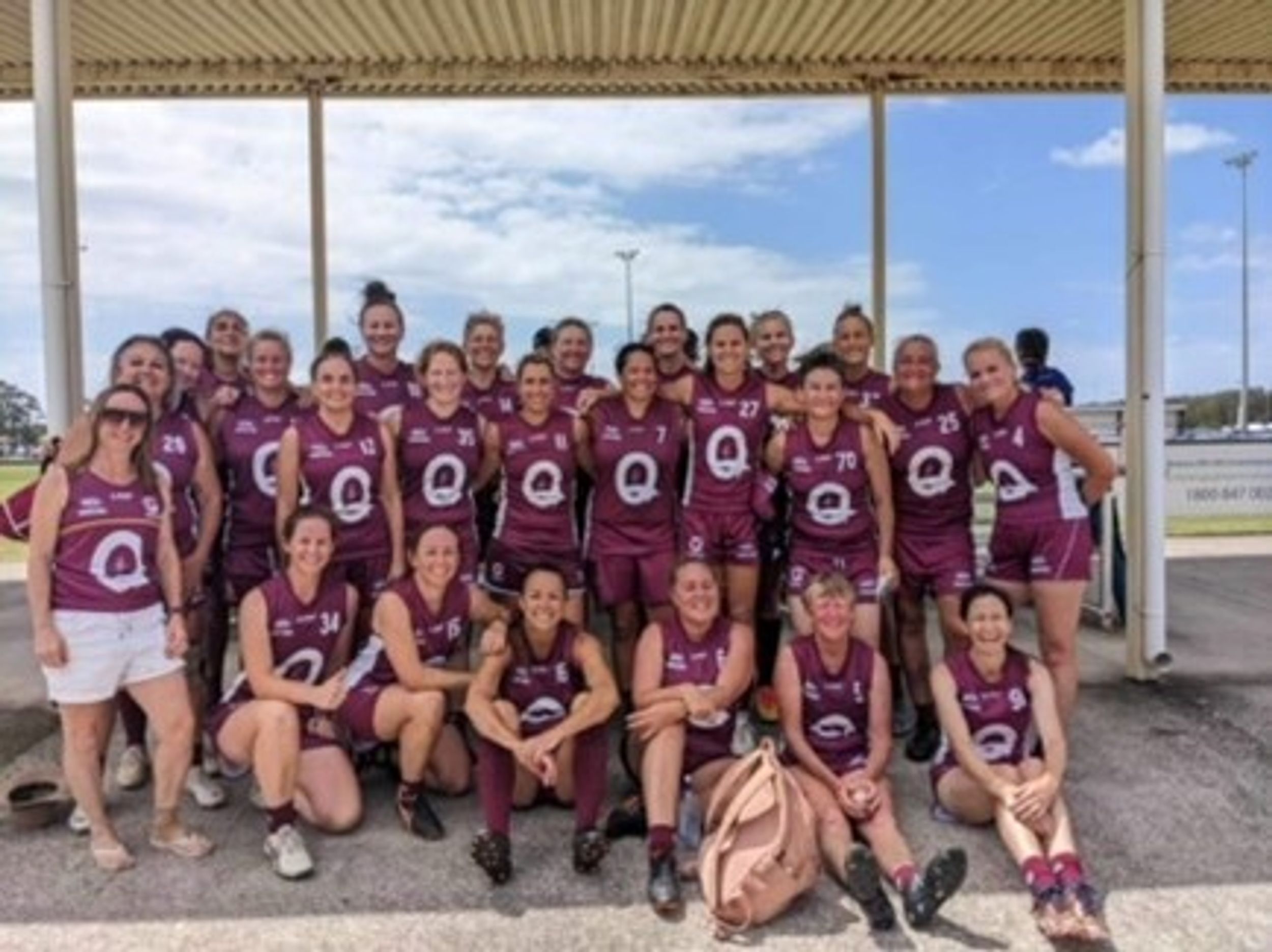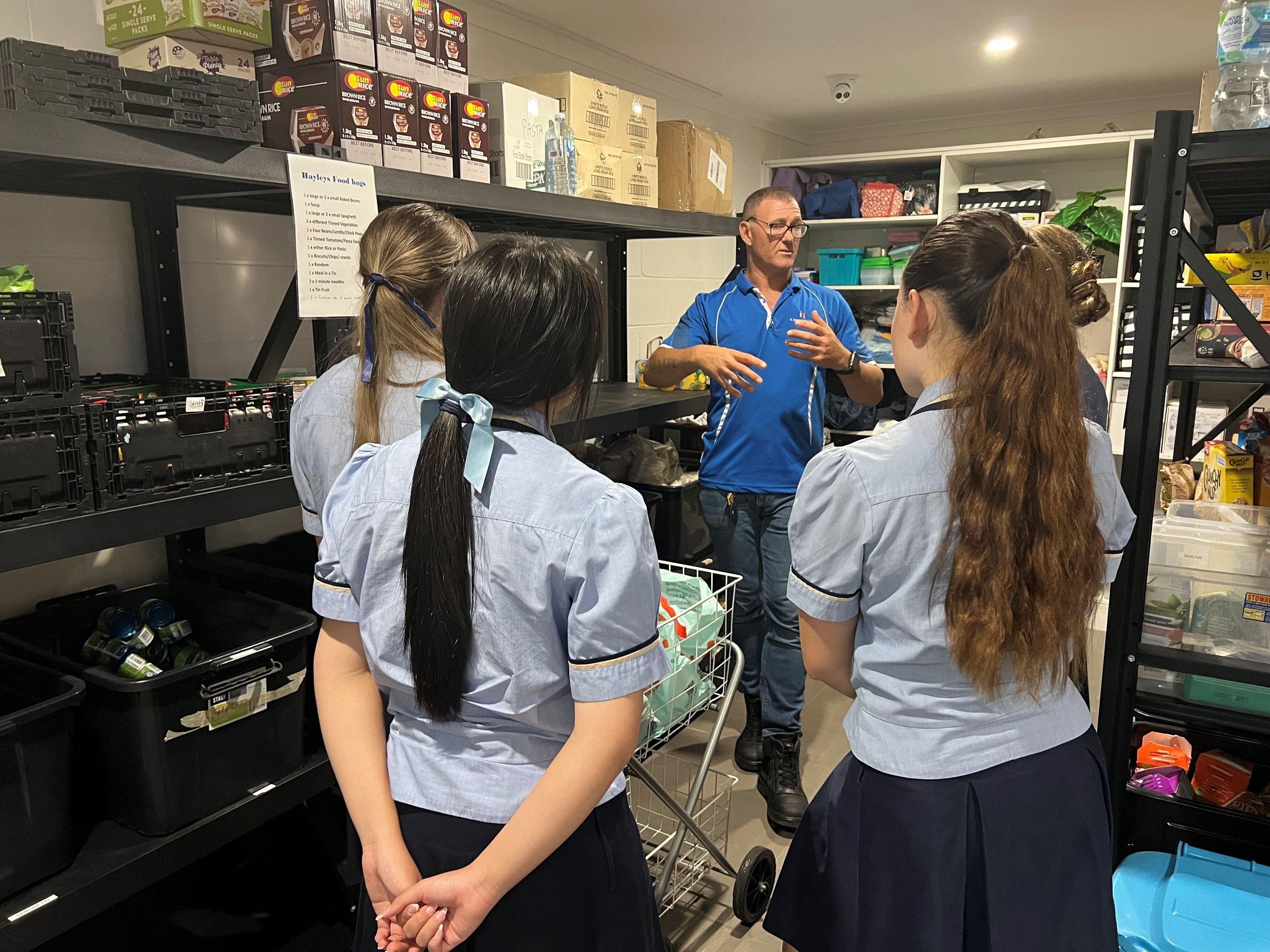A Conversation With Dr Muhammad Tahir-ul-Qadri
As I write this week the world is once again watching helplessly (and perhaps hopelessly too) as the powder keg that is the Middle East bursts into flame. As always, thousands of innocents desperately trying to live their lives in peace will pay the ultimate price for living in this troubled part of the world.
I remember way back in 2011 going to visit my mother in England. On the plane on my way home I found myself sitting next to a most august Muslim gentleman, dressed in impeccable robes with a splendid taqiyah perched on his head. I greeted him warmly (I am every traveller’s worst nightmare, entirely devoted to engaging my neighbours in conversation when they would much prefer to be left in peace) and was a little disappointed when my greeting was unacknowledged. I decided to allow the poor man ten minutes ‘settling in’ time before attempting re-engagement and reached for my book. A few minutes after take-off I felt his hand on my arm and he said in perfect English “I am very sorry; you must think I am rather rude. I was praying when you greeted me. My name is Muhammad Tahir-ul-Qadri and it is a pleasure to meet you.”
There followed a most electrifying conversation during which my new friend revealed himself as the man who had declared a ‘fatwa on terrorism’ in May 2010, receiving worldwide attention, not all of it of the most welcome kind, in the process. He has written over 1,000 books, five hundred of which have been published and now spends his time travelling the world to expose the lie that anyone who commits acts of violence can dare to call him or herself a follower of Islam. He is a man of remarkable courage, an ambassador of peace who has, for his pains, attracted a considerable bounty on his head from those fringe elements who prefer chaos and mayhem to peace. His stance against the ‘ideological infection’ of terrorism is unequivocal. He too was travelling to Australia to give a series of talks in Sydney, Melbourne and Brisbane and having spent such a pleasant and engaging time in conversation with him, I determined to attend his talk at the Islamic School of Brisbane.
What a remarkable occasion this turned out to be! Dr. Tahir-ul-Qadri spoke on the topic of ‘jihad’, explaining how the word had been hi-jacked and totally misrepresented by the harbingers of war. The word is mentioned 32 times in the Qur’an and on only two occasions does it refer to fighting or warfare. Yet somehow we have allowed the word to come to mean ‘holy war’ in its present usage. The Qur’an allows five different interpretations of the word ‘jihad’. It has a spiritual dimension, involving a personal jihad to cleanse oneself of impure thoughts and actions through prayer and devotion. It has an economic context involving the need to give charity to others, to feed the poor and house the homeless. It has an intellectual context, calling Muslims to spread knowledge throughout the world in the search for enlightenment. It has a social context, requiring all followers of Islam to work for justice and equality and in the two contexts where it involves fighting, it refers to the right for Muslims to defend their homeland when invaded by foreign aggressors. The Qur’an expressly forbids aggression of any kind towards others except for self-defence.
Perhaps the most impressive aspect of Dr. Tahir-ul-Qadri’s address was the way in which it represented mainstream Islam as devoted to peace and the welfare of all humanity. We hear so often from and about the radical elements of the Muslim faith because their actions tend to be sensational and therefore newsworthy. If only there were more people with the courage to speak up about the benevolent intentions of the vast majority of Muslims worldwide. Muhammad Tahir-ul-Qadri certainly opened my eyes and heart, and it was such a delight to make his acquaintance all those years ago. I think of him often and especially at times when terrorism and mayhem are dominating the airwaves.
Patrick S Wallas
Headmaster


